Anti-Human TCR Recombinant Antibody (UC3-10A6)
CAT#: TAB-562CT
Recombinant monoclonal antibody specifically binds to the extracellular constant domain of the TCR α chain. This antibody can be potentially used in treating T-cell malignancies.





Specifications
- Host Species
- Humanized
- Type
- Humanized antibody
- Antibody Isotype
- IgG1
- Specificity
- Human
- Species Reactivity
- Human
- Clone
- UC3-10A6
- Applications
- IHC, WB, FC, IF
- Related Disease
- Autoimmune Disease, T-cell malignancies
Applications
- Application Notes
- This antibody has been reported for use in Immunohistochemistry, Western Blot, Flow Cytometry and Immunofluorescence.
Target
- Alternative Names
- TCR; T cell receptor; TCRA; TCRB
Customer Review
There are currently no Customer reviews or questions for TAB-562CT. Click the button above to contact us or submit your feedback about this product.
Submit Your Publication
Published with our product? Submit your paper and receive a 10% discount on your next order! Share your research to earn exclusive rewards.
Related Diseases
Related Signaling Pathways
Downloadable Resources
Download resources about recombinant antibody development and antibody engineering to boost your research.
Product Notes
This is a product of Creative Biolabs' Hi-Affi™ recombinant antibody portfolio, which has several benefits including:
• Increased sensitivity
• Confirmed specificity
• High repeatability
• Excellent batch-to-batch consistency
• Sustainable supply
• Animal-free production
See more details about Hi-Affi™ recombinant antibody benefits.
Datasheet
MSDS
COA
Certificate of Analysis LookupTo download a Certificate of Analysis, please enter a lot number in the search box below. Note: Certificate of Analysis not available for kit components.
Protocol & Troubleshooting
We have outlined the assay protocols, covering reagents, solutions, procedures, and troubleshooting tips for common issues in order to better assist clients in conducting experiments with our products. View the full list of Protocol & Troubleshooting.
See other products for "Clone UC3-10A6"
- CAT
- Product Name
See other products for "TCR"
Select a product category from the dropdown menu below to view related products.
| CAT | Product Name | Application | Type |
|---|---|---|---|
| MOB-956 | Recombinant Anti-TCR Antibody | WB, ELISA, IHC, FuncS | IgG |
| CAT | Product Name | Application | Type |
|---|---|---|---|
| MOB-956-F(E) | Recombinant Anti-TCR Antibody Fab Fragment | WB, IP, FuncS | Fab |
| CAT | Product Name | Application | Type |
|---|---|---|---|
| MOB-956-S(P) | Recombinant Anti-TCR Antibody scFv Fragment | Neut, WB, FuncS | scFv |
| CAT | Product Name | Application | Type |
|---|---|---|---|
| MHH-956 | Recombinant Human Anti-TCR Antibody | ELISA, WB, IP, FuncS | IgG |
| CAT | Product Name | Application | Type |
|---|---|---|---|
| MHH-956-F(E) | Recombinant Human Anti-TCR Antibody Fab Fragment | WB, IP, FuncS | Fab |
| CAT | Product Name | Application | Type |
|---|---|---|---|
| MHH-956-S(P) | Recombinant Human Anti-TCR Antibody scFv Fragment | FC, ELISA, FuncS | scFv |
| CAT | Product Name | Application | Type |
|---|---|---|---|
| TAB-595CL | Mouse Anti-TCR Recombinant Antibody (TAB-595CL) | FuncS | Mouse IgG |
| CAT | Product Name | Application | Type |
|---|---|---|---|
| TAB-545CT | Anti-Human TCR Recombinant Antibody (BMA 031) | FC | Humanized antibody |
| CAT | Product Name | Application | Type |
|---|---|---|---|
| TAB-546CT | Anti-Human TCR Recombinant Antibody (3H2906) | ELISA, FC, WB | Humanized antibody |
| CAT | Product Name | Application | Type |
|---|---|---|---|
| TAB-547CT | Anti-Human TCR Recombinant Antibody (IP26) | WB | Humanized antibody |
| CAT | Product Name | Application | Type |
|---|---|---|---|
| TAB-548CT | Anti-Human TCR Recombinant Antibody (T10B9) | FC, Cyt, Inhib | Humanized antibody |
| CAT | Product Name | Application | Type |
|---|---|---|---|
| TAB-549CT | Anti-Human TCR Recombinant Antibody (WT31) | Inhib | Humanized antibody |
| CAT | Product Name | Application | Type |
|---|---|---|---|
| TAB-558CT | Hamster Anti-TCR Recombinant Antibody (clone H57) | WB, FC | Hamster IgG |
| CAT | Product Name | Application | Type |
|---|---|---|---|
| TAB-558CT-S(P) | Hamster Anti-TCR Recombinant Antibody (clone H57); scFv Fragment | WB, FC | Hamster scFv |
| CAT | Product Name | Application | Type |
|---|---|---|---|
| TAB-558CT-F(E) | Hamster Anti-TCR Recombinant Antibody (clone H57); Fab fragment | WB, FC | Hamster Fab |
| CAT | Product Name | Application | Type |
|---|---|---|---|
| FAMAB-0109-CN | Rat Anti-TCR Recombinant Antibody (clone KJ16) | ELISA, IF, IP, WB, FC | Rat IgG |
| CAT | Product Name | Application | Type |
|---|---|---|---|
| FAMAB-0110-CN | Mouse Anti-TCR Recombinant Antibody (clone 1B2) | ELISA, WB, FC | Mouse IgG1 |
| CAT | Product Name | Application | Type |
|---|---|---|---|
| FAMAB-0109-CN-S(P) | Rat Anti-TCR Recombinant Antibody (clone KJ16); scFv Fragment | ELISA, IF, IP, WB, FC | Rat scFv |
| CAT | Product Name | Application | Type |
|---|---|---|---|
| FAMAB-0110-CN-S(P) | Mouse Anti-TCR Recombinant Antibody (clone 1B2); scFv Fragment | ELISA, WB, FC | Mouse scFv |
| CAT | Product Name | Application | Type |
|---|---|---|---|
| FAMAB-0109-CN-F(E) | Rat Anti-TCR Recombinant Antibody (clone KJ16); Fab Fragment | ELISA, IF, IP, WB, FC | Rat Fab |
| CAT | Product Name | Application | Type |
|---|---|---|---|
| FAMAB-0110-CN-F(E) | Mouse Anti-TCR Recombinant Antibody (clone 1B2); Fab Fragment | ELISA, WB, FC | Mouse Fab |
| CAT | Product Name | Application | Type |
|---|---|---|---|
| AFC-TAB-248 | Afuco™ Anti-TCR ADCC Recombinant Antibody, ADCC Enhanced (AFC-TAB-248) | ELISA, IP, FC, FuncS, Neut | ADCC enhanced antibody |
| CAT | Product Name | Application | Type |
|---|---|---|---|
| VS-0425-FY48 | Human Anti-TCR (clone BMA031) scFv-Fc Chimera | FC | Human IgG1, scFv-Fc |
Popular Products

Application: FuncS, IF, Neut, ELISA, FC, IP, ICC

Application: IF, IP, Neut, FuncS, ELISA, FC, WB

Application: ELISA, FC, IP, FuncS, IF, Neut, ICC

Application: ELISA, FC, IP, FuncS, IF, Neut, ICC

Application: IF, IP, Neut, FuncS, ELISA, FC, ICC

Application: ELISA, IP, FC, FuncS, Neut, IF, ICC

Application: WB, ELISA, FuncS

Application: FuncS, Inhib, IP, ELISA
For research use only. Not intended for any clinical use. No products from Creative Biolabs may be resold, modified for resale or used to manufacture commercial products without prior written approval from Creative Biolabs.
This site is protected by reCAPTCHA and the Google Privacy Policy and Terms of Service apply.








 Asthma
Asthma
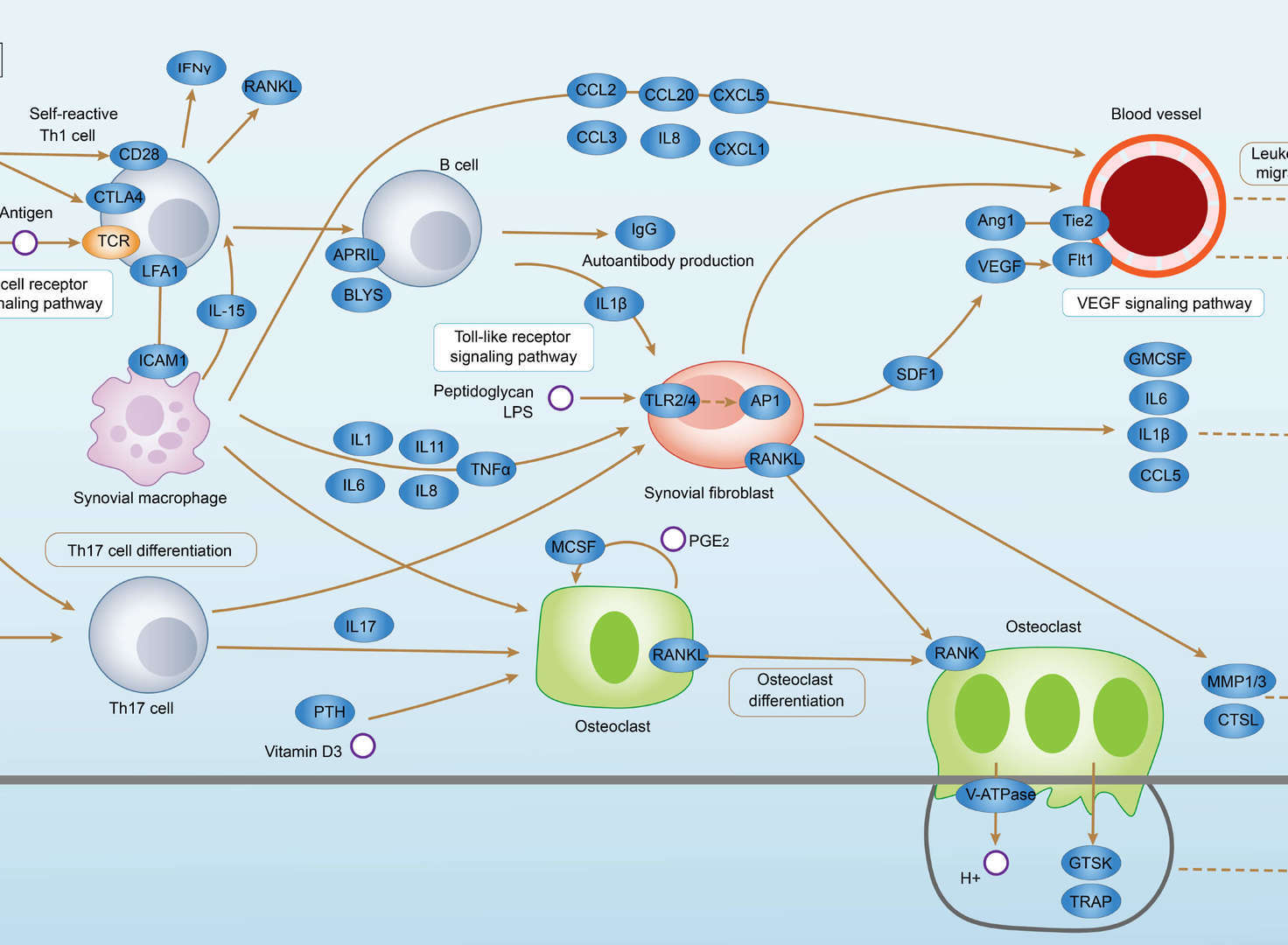 Rheumatoid Arthritis
Rheumatoid Arthritis
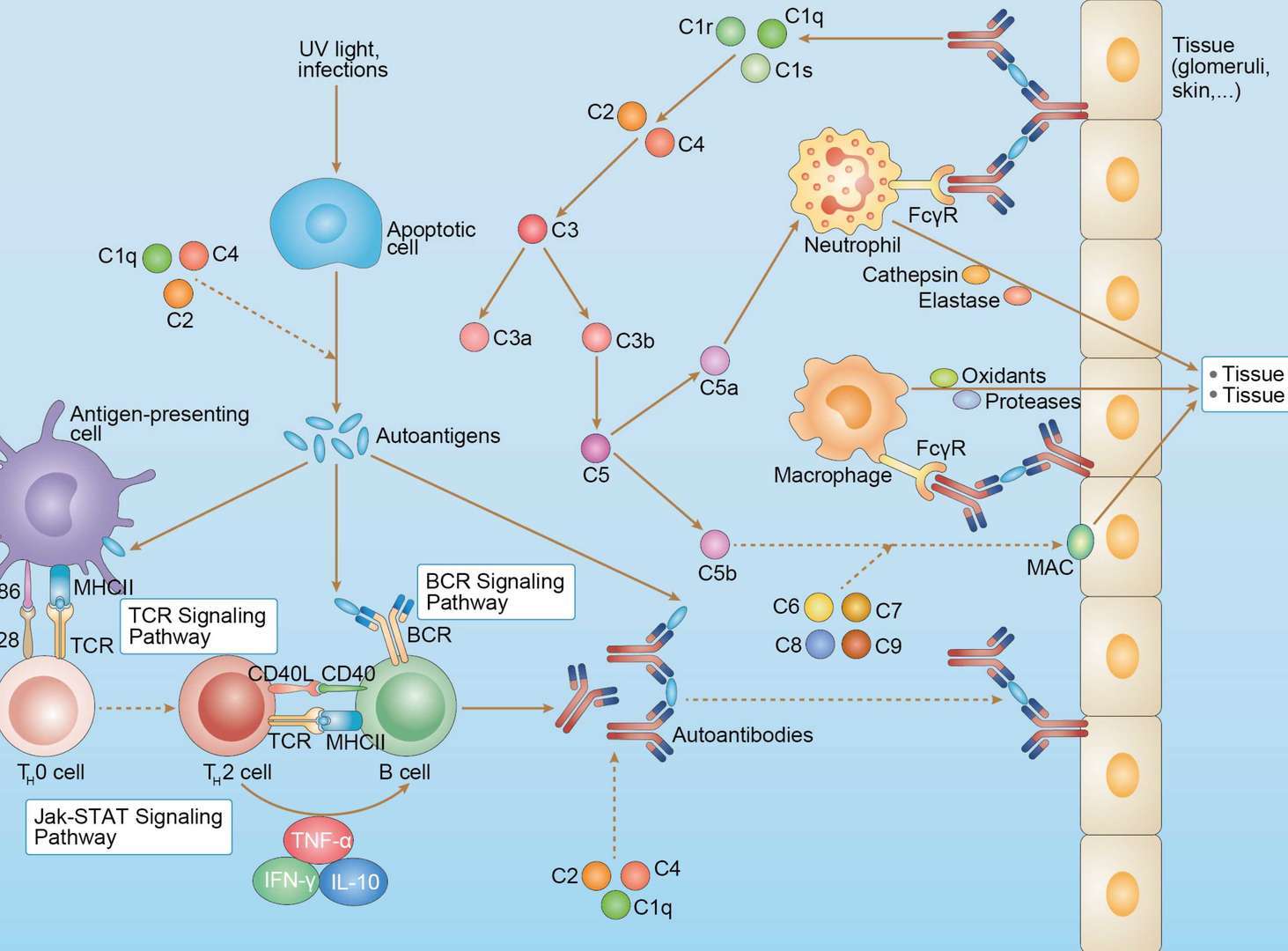 Systemic Lupus Erythematosus
Systemic Lupus Erythematosus
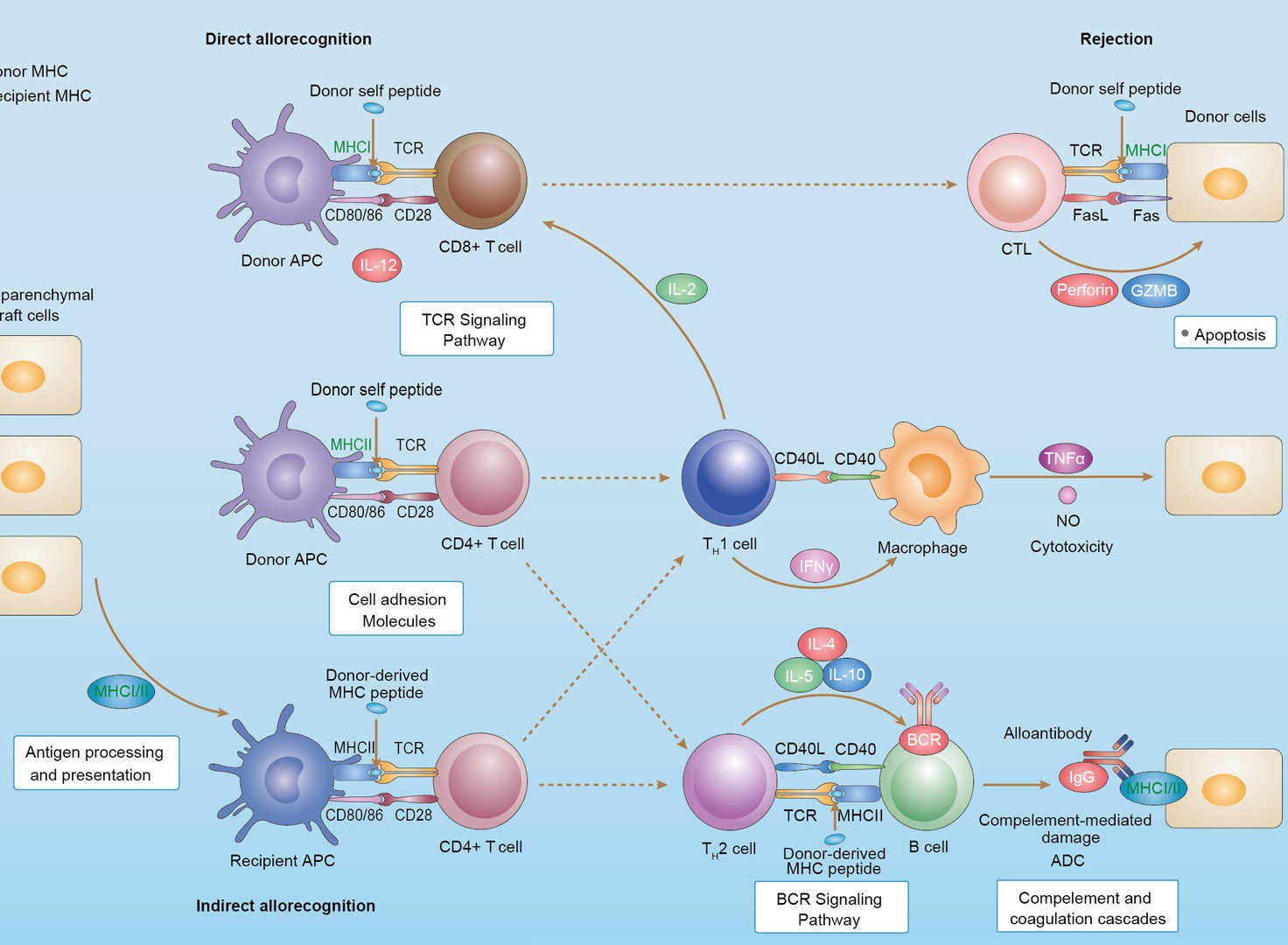 Allograft Rejection
Allograft Rejection
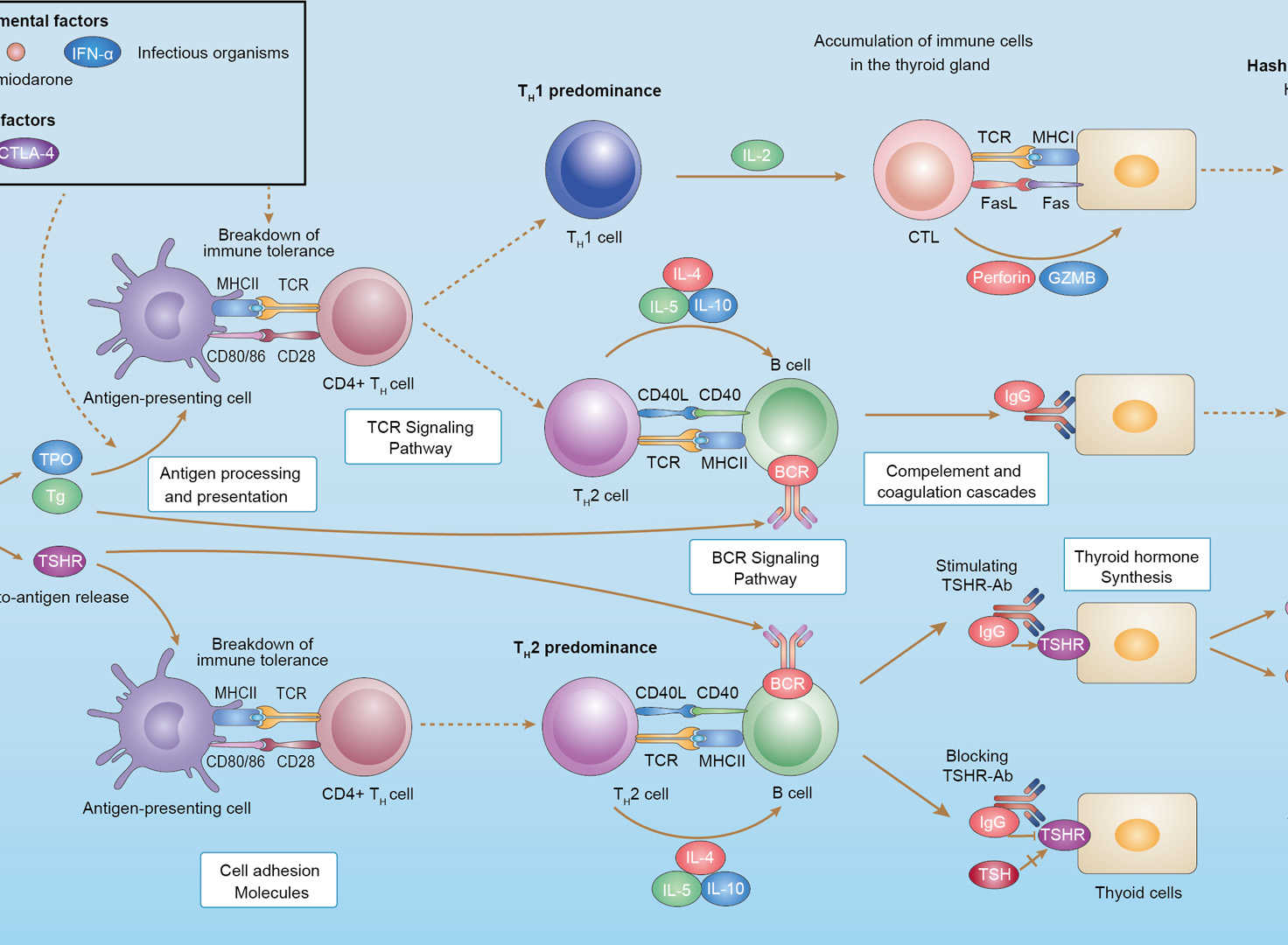 Autoimmune Thyroid Disease
Autoimmune Thyroid Disease
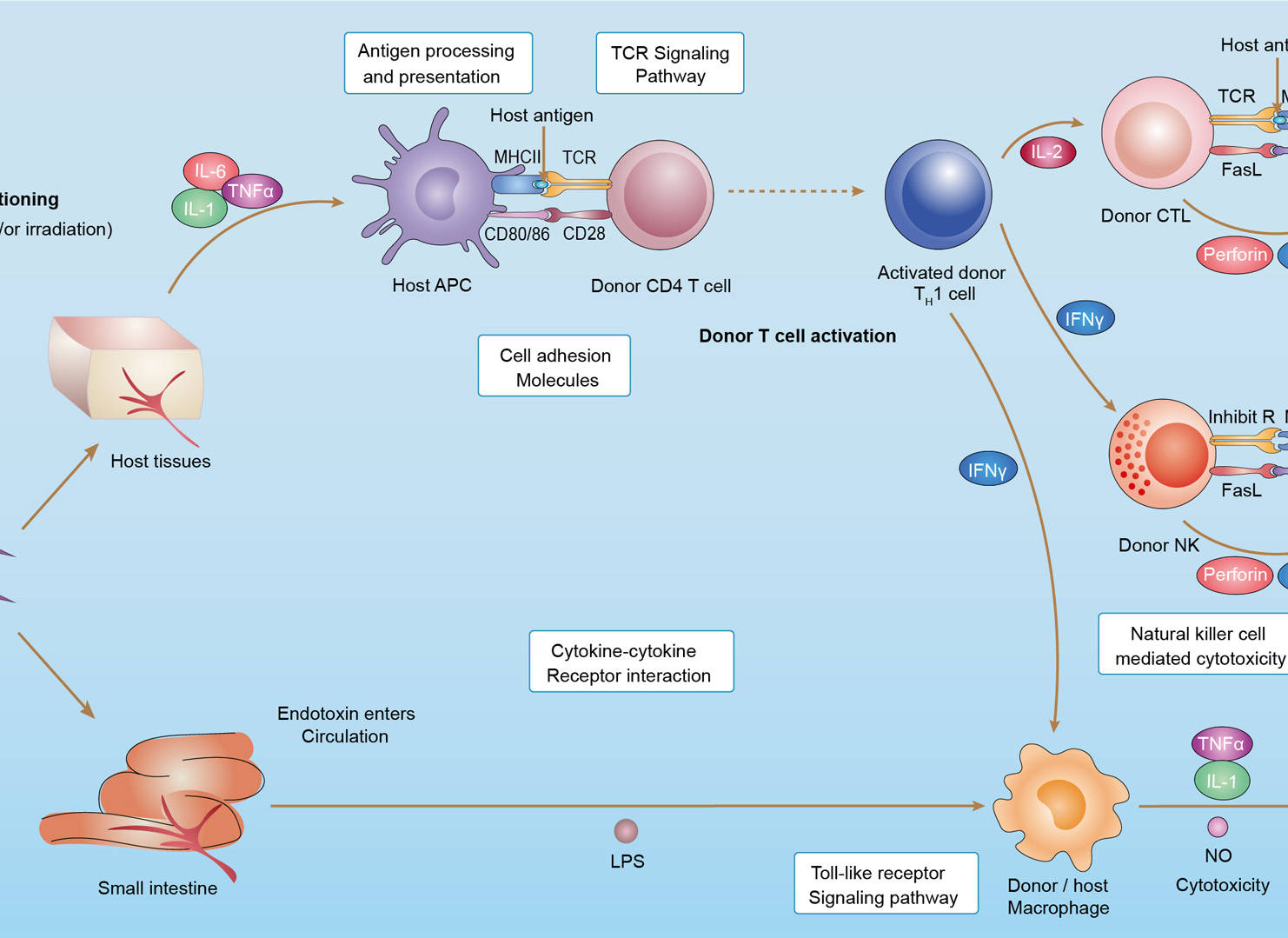 Graft-versus-Host Disease
Graft-versus-Host Disease
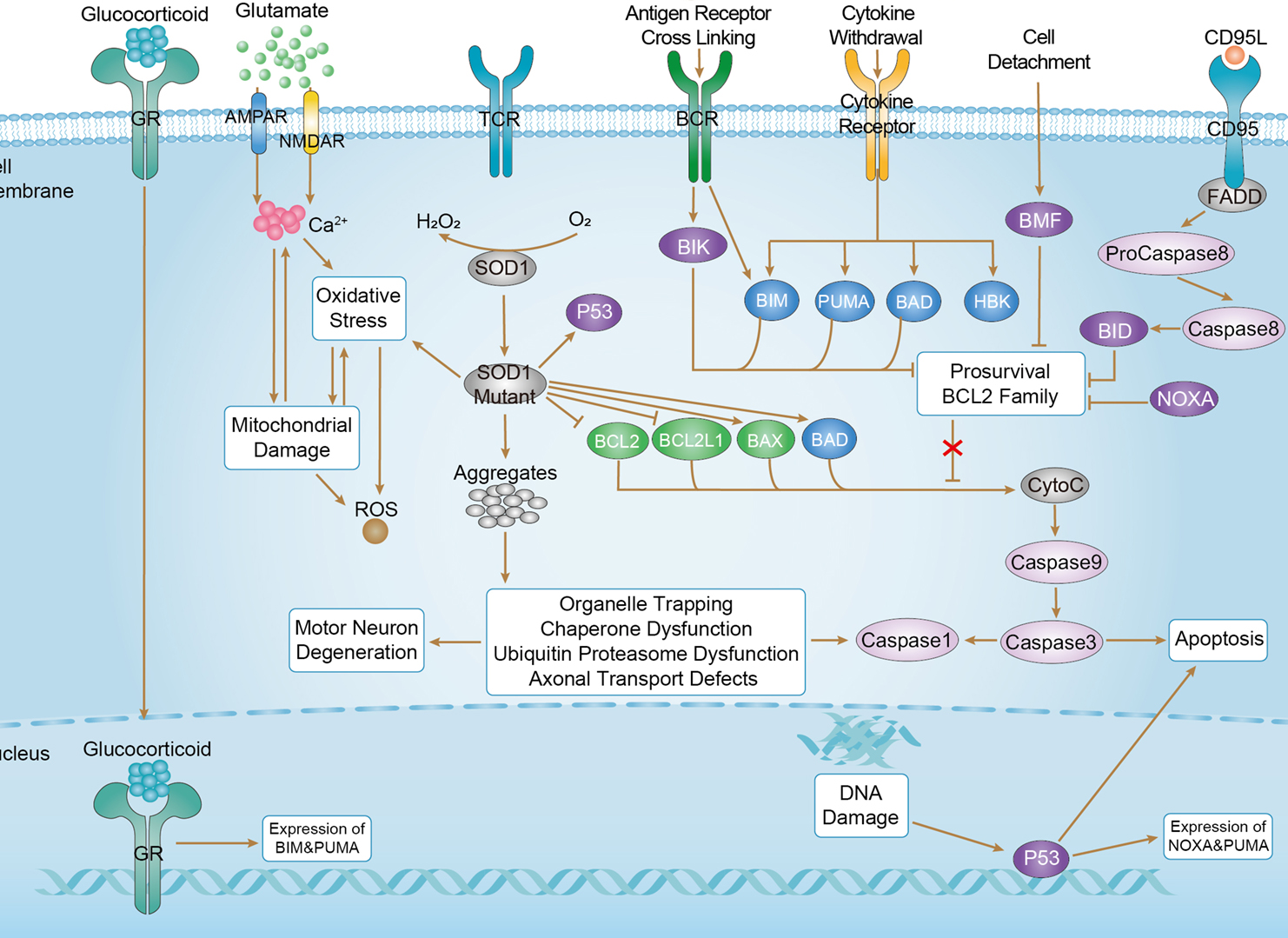 Amyotrophic Lateral Sclerosis
Amyotrophic Lateral Sclerosis
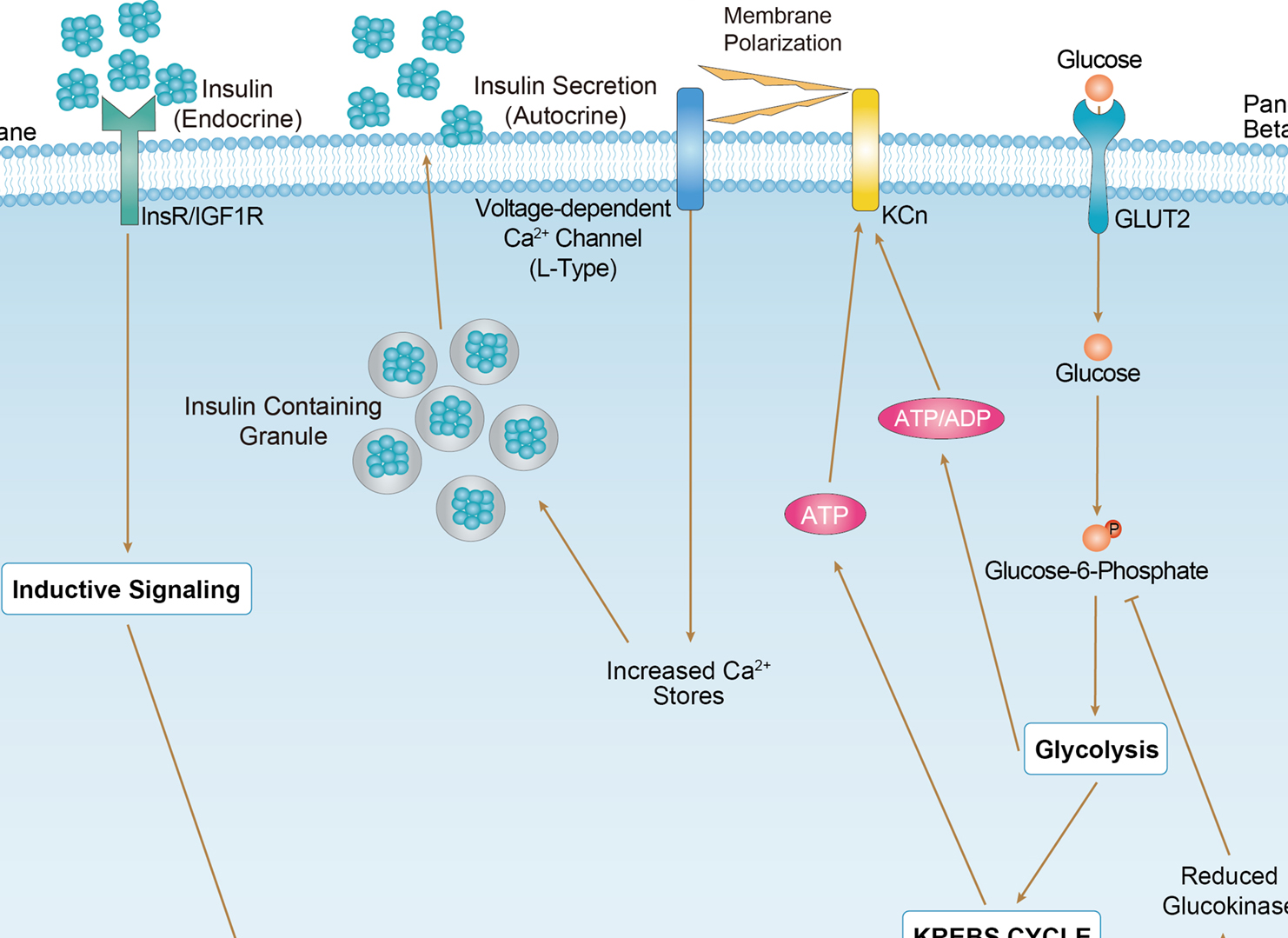 Maturity Onset Diabetes of the Young
Maturity Onset Diabetes of the Young
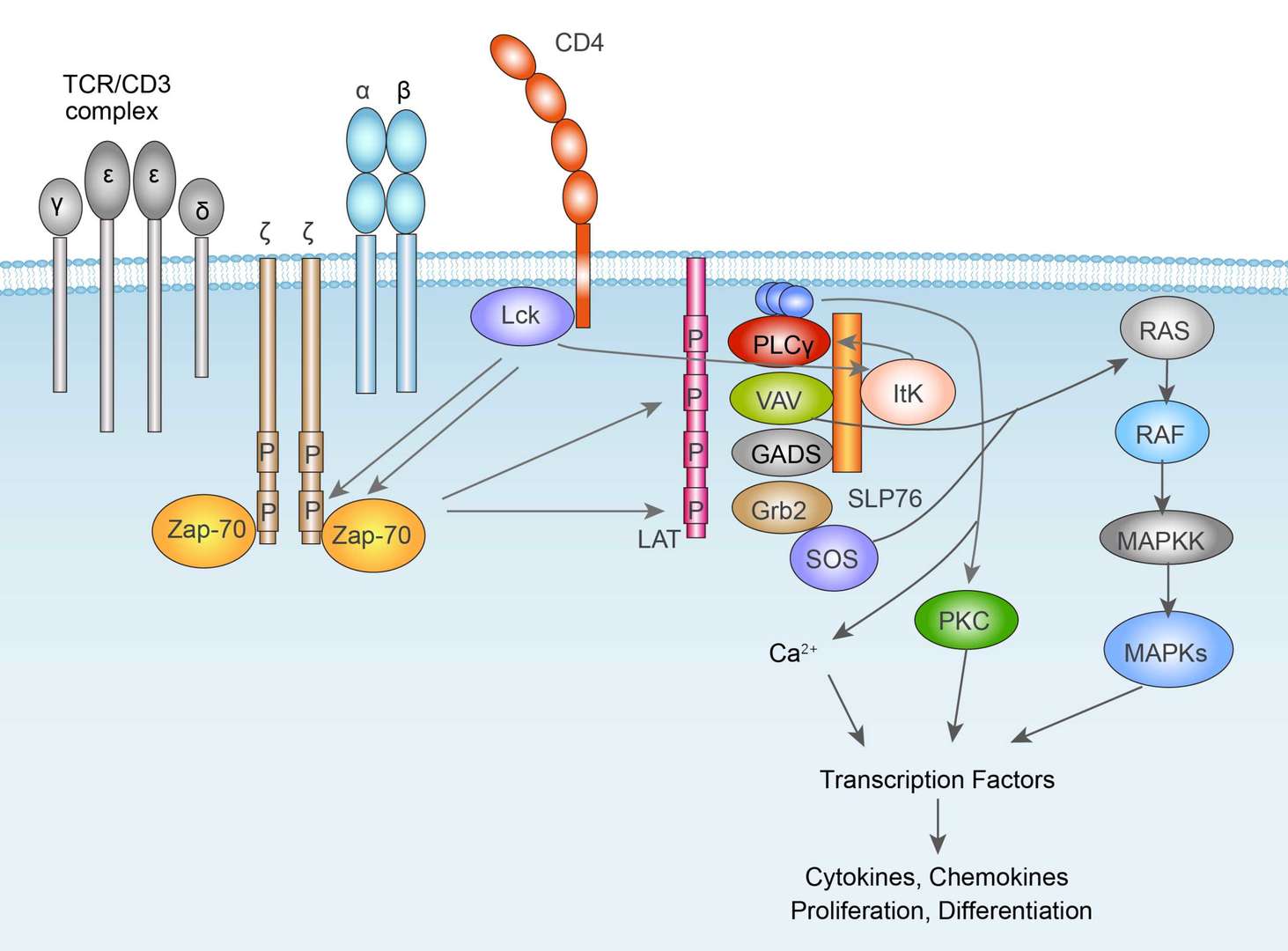 TCR Signaling Pathway
TCR Signaling Pathway




-2.png)









